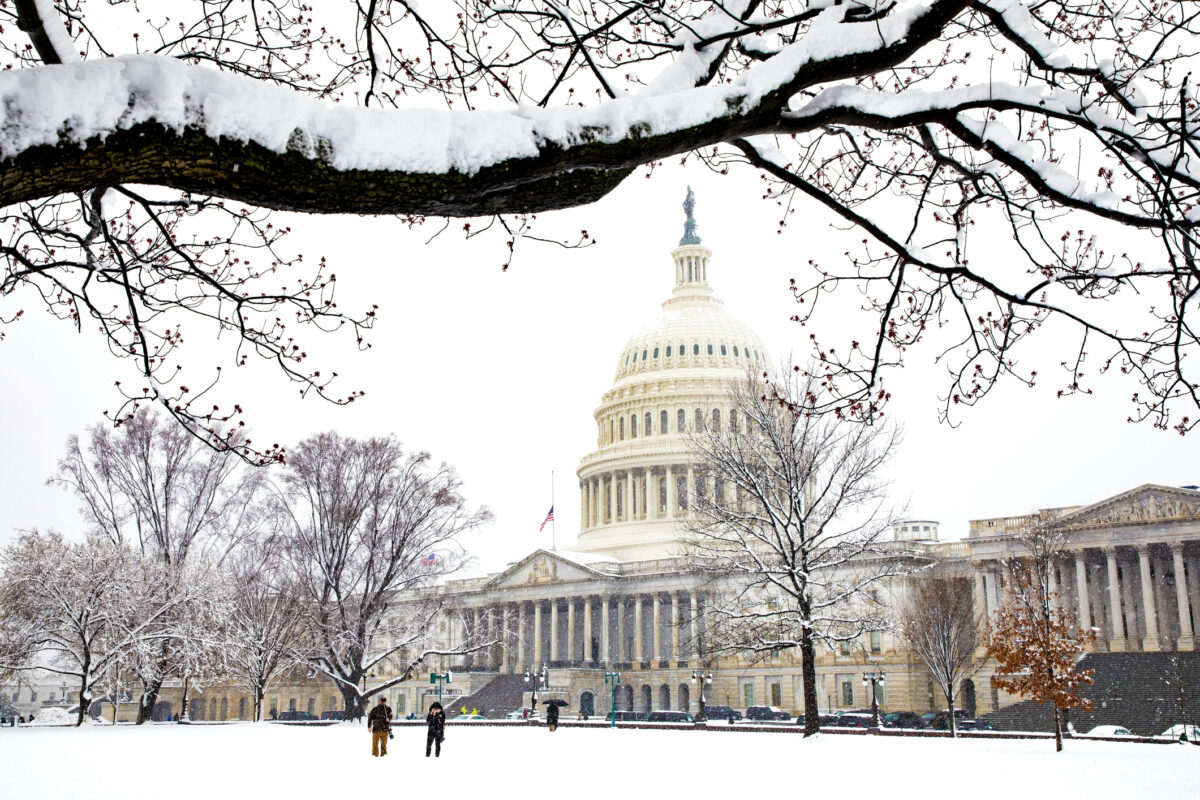Written testimony to the U.S. Department of Education’s negotiated rulemaking on proposed gainful employment regulations
Published Sep 05, 2014
Ms. Wendy Macias
U.S. Department of Education
1990 K Street NW., Room 8017
Washington, DC 20006
Re: Docket ID ED-2013-OPE-0008 Negotiated Rulemaking Committee, Public Hearing
Dear Ms. Macias:
These comments represent the Institute for Higher Education Policy’s (IHEP) response to the recent Federal Register notice from April 16, 2013 soliciting input on various regulatory topics, including potential approaches the U.S. Department of Education could take to define what it means for a program to prepare students for gainful employment in a recognized occupation.
IHEP is a non-profit, non-partisan research organization based in Washington, D.C., committed to promoting access to and success in higher education for all students, with a particular focus on populations that have been traditionally underserved by our postsecondary system. Celebrating our 20th year, IHEP develops innovative policy- and practice-oriented research to guide policymakers and education leaders, who develop high-impact policies that will address our nation’s most pressing education challenges.
The Need to Ensure Quality Educational Opportunities for All Students
Our desire to offer comments on this topic stems from our commitment to ensuring educational opportunity for our nation’s students. In order to meet national attainment goals, we must be more vigilant in our efforts to increase access and completion for students, but especially for those who have been underserved. In doing so, we will strengthen our economy and enhance global competitiveness, while simultaneously reinforcing the notions of equality and equity that undergird our democracy.
A critical step towards improving educational opportunity and outcomes requires that we ensure that all institutions provide students with a quality educational experience that maximizes civic engagement and employability, while minimizing debt levels. Research confirms that better information on student outcomes,
as well as lower student debt levels, can support this goal. Regulations to ensure gainful employment will:
- Allow students to be informed consumers by providing data about the educational experiences and outcomes of other students,
- Ensure that eligible qualified career programs that receive federal funding do not consistently leave students with debt levels they are unable to repay; and
- Ensure that predatory practices directed toward low-income and other underserved students are minimized or eliminated.
While the gainful employment regulations are applicable to career-oriented programs in non-profit institutions, the rules are particularly important given the substantial growth in private, for-profit institutions. For-profit institutions now represent 13 percent of all student enrollments, and most of this growth occurred
with the last decade which saw enrollments at these institutions triple between 2001 and 2010.1…Read more.
1United States Senate Health, Education, Labor, and Pensions [HELP] Committee (2012). For Profit Higher Education: The Failure to
Safeguard the Federal Investment and Ensure Student Success. Retrieved from:
http://www.help.senate.gov/imo/media/for_profit_report/PartI-PartIII-SelectedAppendixes.pdf


